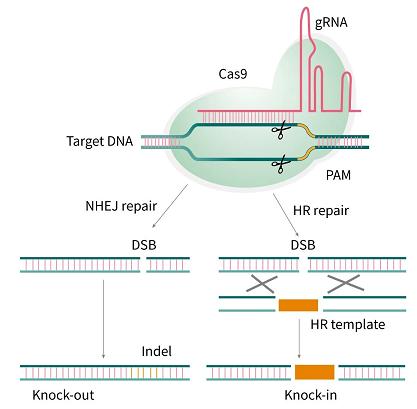
Project Description
Fruit Wine Industry Background & Inspiration

By doing surveys, we discovered that the first wine was made in the Mesopotamian valley about 50,000 years ago. In history, wine had always played a crucial role—religious symbols. In China, fruit wine has a history of more than 2000 years, exemplified by the jujube wine produced by Qi people. With the rise of China's manufacturing industry, China's wine industry had also developed. As a small branch of the wine industry, the fruit wine industry developed much slower than the other popular wine such as Chinese water and yellow rice wine. Although customers had higher enthusiasm for fruit wine, it had few stable customers. As a result, it was difficult to form a huge and stable market, so fruit wine existed as a minor product in the market. The variety of fruit wine is diverse and the manufacturing process is technically difficult, so there is few research on a certain fruit wine type, and it is difficult to attract the attention of more professional and technical personnel. Moreover, the technical strength is relatively weak, and nowadays, there is not a perfect technical system in the field of fruit wine brewing. Thus, the industry can only learn from very little past experience, which to a certain extent hinders the development and launch cycle of new products.
During the preliminary project research, we found that fruit wine occupies a large part of the alcohol market. With the formation and development of the fruit wine subculture, the market demand is also expanding. However, there are still problems with the lack of advanced technology during the production process.
We found that some procedures during the fermentation of fruit wine can be greatly simplified. The brewer's yeast uses sugar in the fruit juice to produce alcohol, and pectinase destroys the pectin located in the cell wall to improve the juice yield and eliminate the cloudiness of the fruit wine. The price per kilogram of pectinase varies from 100 to 250 RMB, which is costly and not conducive to further development in the field of food manufacturing.
Compassionate Care/ Our Connection to the society
Due to COVID-19, farmers' markets are blocked due to safety concerns. In this case, isolated rural people cannot get out of the mountains to sell their products. Even if they come across the bumper crops, they can only consume their crop internally. Fruits cannot be transferred, resulting in“slow-moving” fruits. For instance, Hainan used to be a city with huge fruit sales in February every year. In 2020, however, the price of cantaloupe in Ledong County and Dongfang City fell to 0.2-0.4 dollars/kilogram (0.8 dollars/kilogram in the same period last year), and the price of cherry tomatoes in Lingshui was less than 0.6 dollars/kilogram (2-2.8 dollars in the same period last year). In addition, agriculture shrunk extremely. Our project can solve these problems. As the price of fruits was lower, the barrier to entry of the fruit wine industry became lower, attracting more people to enter the industry. Thus, the raw materials (fruits) for making fruit wines can be utilized, and the problem of poor sales can be addressed.
CRISPR and PecTeast

CRISPR will have a strong impact on the world because it is very simple, easy to use, and cheap. This technique allows scientists to alter the DNA of different organisms quickly and precisely.
Therefore, we thought of using CRISPR-Cas9 technology to achieve heterologous expression of endo-pgaA, an endo-galacturonase gene from Aspergillus niger SC323, in fruit wine yeast to obtain a strain that can both degrade pectin and ferment alcohol. Our project will help explore the development of multifunctional fruit wine yeast, reduce the production cost of fruit juice and fruit wine, and contribute to the development of food industry production and modern brewing engineering.
Due to fruit wine's health benefits and good flavor, the industrial chain, the value chain, and the employment chain of fruit wine have great social significance. In addition, the high cost of pectinase (100-1000 RMB per ton of fruit in production) is not conducive to development in areas such as food manufacturing. The purpose of Team PecTeast is to degrade pectin in order to improve the juice yield and reduce turbidity. We hope to achieve this goal by using CRISPR-Cas9 technology to build a type of multi-functional yeast.
Reference
Nishimasu, H., et al. Cell. 2014
James E.D., et al. Nucleic Acids Res. 2013
https://www.asme.org/topics-resources/content/8-ways-crisprcas9-can-change-world
https://www.nature.com/articles/s41599-019-0319-5
https://www.sciencedirect.com/topics/food-science/fruit-wine
崔凯宇,李迎秋.果胶酶生产和应用的研究进展[J].江苏调味副食品,2016(01):11-13.
Yang J , Luo H , Jiang L , et al. Cloning, expression and characterization of an acidic endo-polygalacturonase from Bispora sp. MEY-1 and its potential application in juice clarification[J]. Process Biochemistry, 2011, 46(1):272-277.
李烨青. 真菌来源的嗜热果胶酶基因挖掘及其催化效率的改造[D].江西农业大学,2017.


